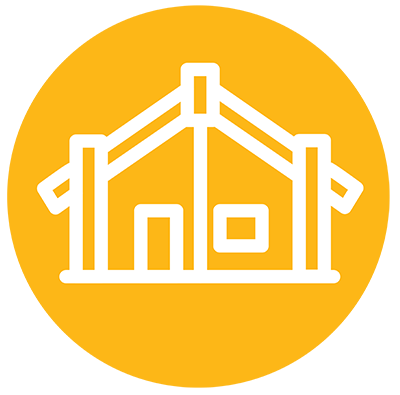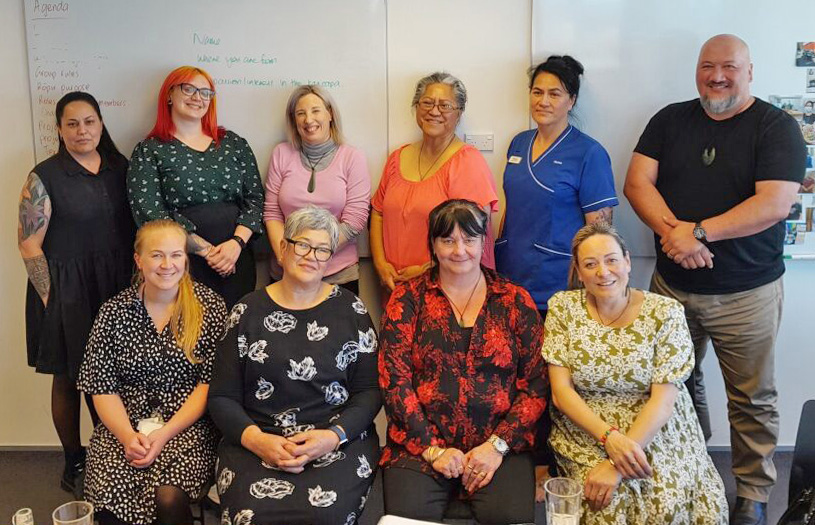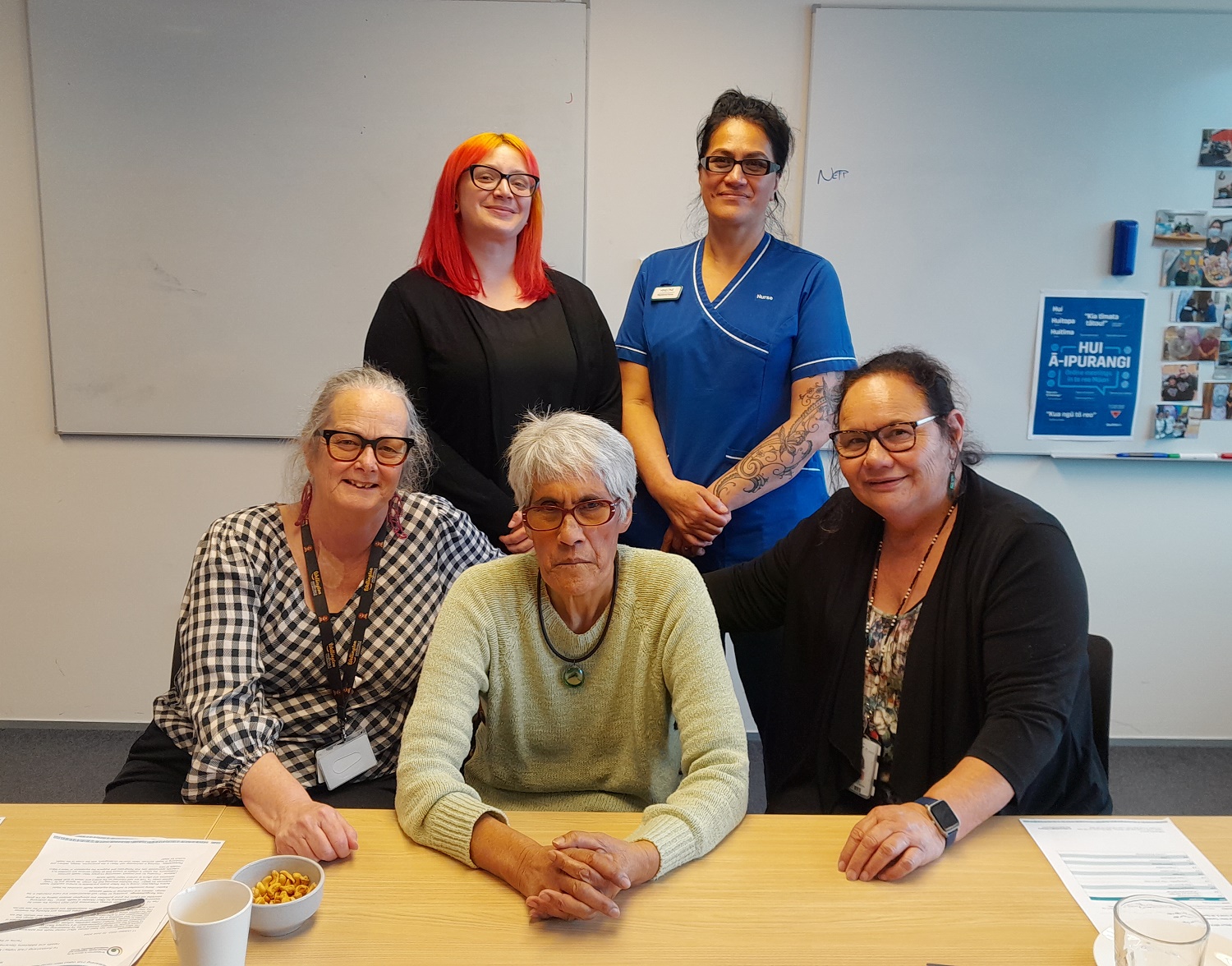 In October the Expert Advisory and Governance groups held initial meetings. These groups will play crucial roles in the design and implementation of the future Te Awakairangi Māori Mental Health and Addiction Service.
In October the Expert Advisory and Governance groups held initial meetings. These groups will play crucial roles in the design and implementation of the future Te Awakairangi Māori Mental Health and Addiction Service.
A mix of cultural, clinical and lived experience expertise is needed to provide kāwanatanga, governance and oversight to guide the development of the future service. This applies both to articulation of the kawa and tikanga (principles and values) that will be the foundation of the service, and to its design and implementation.
An expert advisory group has been formed to carry out this mahi. It has ten members, representing lived experience, rongoā, kaupapa Māori service delivery, psychology, addiction, and disability, as well as representation from local iwi Te Atiawa. There are also four supporting functions: commissioning, communications, project oversight and logistics.

Pictured back row: (L-R): Holly Tahere (lived experience advisor), Christine Neumann (Te Whatu Ora), Alicia Graham (Project Manager, Community Mental Health and Addiction Integration), Beau Markland (Whaioranga Trust), Hineone Gilbert (Registered Nurse), Jeremy Tumoana (Manager, Te Paepae Arahi Trust). Pictured front row: Tammy Kaiwai (Commissioning Manager), Kahu Flutey (Educational Psychologist), Maire Ransfield (Te Whare Mārie), De’arna Sculley (Project Manager, Māori Mental Health and Addiction)
In October this rōpū came together for the first time to whānaungatanga, sharing their unique personal and professional perspectives and aspirations. There was a sense of responsibility, and of frustration with the current mental health and addiction system, but also optimism and excitement at the chance of being “part of the solution” and “creating a new way.”
The rōpū then spent some time discussing how they will operate to support the mahi ahead. A chair and co-chair were selected.
Next up for this group is a two all-day hui in early November to develop the service delivery model, guided by the report from the Matariki Wānanga to ensure the community voice is prioritised.
“Whānau know the solutions,” said one attendee. “We need to not create any more barriers, so whānau can access what they need.”

Pictured L-R: Jane Patterson (General Manager Commissioning Mental Health and Addiction), Christine Neumann (Te Whatu Ora), Martha Gilbert (Te Atiawa), Hineone Gilbert (Registered Nurse), Hiraina McKenzie (Kaitohutohu Māori)
With representation from Te Atiawa, Te Aka Whai ora, Te Ara Poutama, lived experience, and senior leadership and kaumatua from MHAIDS, the Governance Group is crucial to guide and oversee the mahi of the Expert Advisory Group.
An initial meeting discussed how the group might work together and make sure the right people are involved in decision-making. It is essential to ensure meaningful partnership is maintained throughout development of the model of service delivery and the new service more broadly.
A terms of reference document is being developed, in line with the principles of tikanga, to clearly define the role of each group and how they will intersect as this mahi moves forward. Aspirations and hopes were also shared.
“I never imagined I’d be in a position like this – but I understand its significance,” said kuia Martha Gilbert, one of the representatives from Te Atiawa at the wānanga.
“What I hope to bring to the table is the dreams of my grandfather – that those dreams will be lived.”